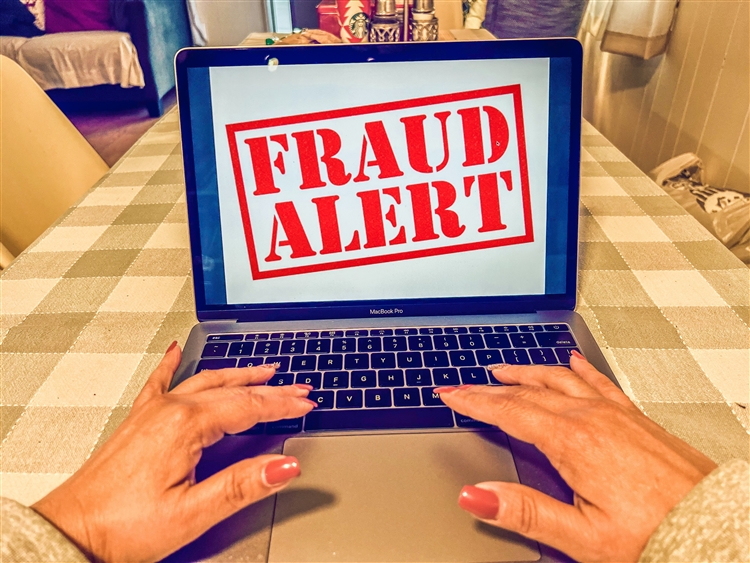Fraud and Scams

Across the nation each year, millions of older adults fall prey to financial scams or fraud. Everyone is at risk, even people without high incomes or assets
Protect Yourself From Scams
- Learn about scams, including those reported in your community.
- Be skeptical about offers to sell you something you never requested information about in the first place.
- Don't allow bullying or threats to push you into providing anyone with your sensitive information.
- Never tell anyone your credit card information, banking details, PIN numbers, Social Security or Medicare card numbers or other personal information unless you know that person has a legitimate need for that information.
Avoid Coronavirus Scams Aimed at Older Adults
Criminals are using the Coronavirus emergency to get older adults' personal identity and financial information and steal money through scams and false information.
Beware of phone calls, text messages, emails offering "free" masks, testing kits, Covid "cures" or protective equipment. Avoid visitors trying to sell you something, asking for money or offering something "free." You can bet these are scams.
Criminals out to scam you may push you to tell them personal information, including your name, age, Medicare or Social Security number or bank information. They may falsely claim they represent a special government program with services for seniors, but don't provide verifiable identification that they work for the government.
Learn more about Coronavirus scams at the Office of the Attorney General of California.
To protect yourself and others, report your experience with a scam to the Sonoma County District Attorney's office at (707) 565-5317.
Report Scams
- to your local police or sheriff's office business number (not 9-1-1),
- to your district attorney's office (Sonoma County District Attorney's Office 707-565-5317),
- to your bank and your credit card company (if money has been taken from your accounts),
- or Adult Protective Services at 707-565-5940.
- to report IHSS and Medi-Cal fraud call 800-822-6222
More Resources on Scams
Sonoma County Organizations
- Elder Justice Initiative at Senior Advocacy Services Watch videos about scam and fraud prevention.
- District Attorney's Office of Sonoma County (707) 565-5317
- Find information about these crimes, scams and identity theft prevention, protection tips and how to report a scam:
- Examples of scams and prevention tips
- Report a scam to the DA's Office
National Organizations
- The American Association of Retired Persons (AARP) Fraud Watch Network
- The federal Consumer Financial Protection Bureau Frauds and Scams page
- The Federal Bureau of Investigation (FBI) page on Elder Fraud
- The Federal Trade Commission page on Scam Alerts